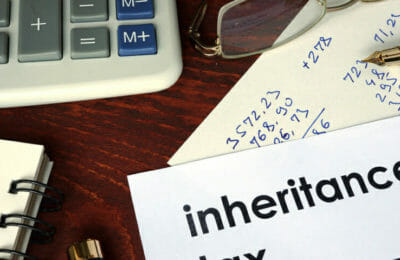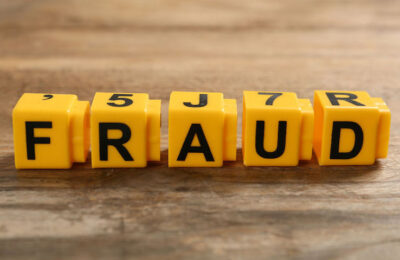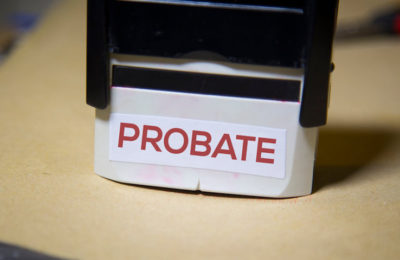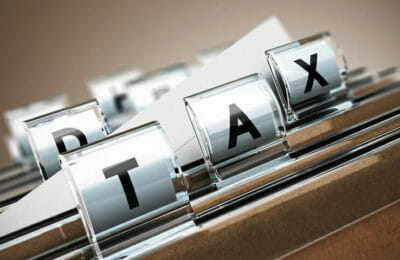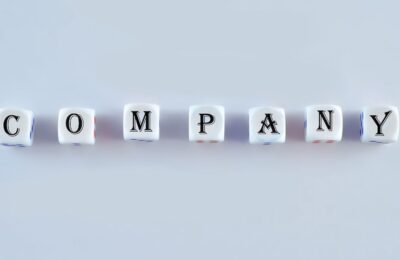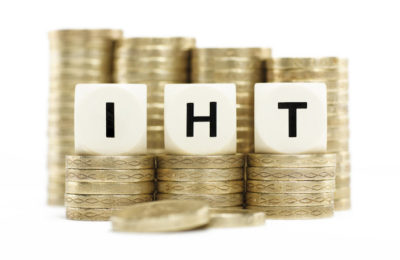Finding ways to reduce your tax bill means getting the timing right
Time flies. We are again fast approaching the end of the current tax year and finding ways to reduce your tax bill means getting the timing right.
Of course, Individuals have no choice as to their year end date, as for them the self-assessment tax year ends on 5 April. Tax returns for this year to 5th April 2025 must be filed online by 31 January 2026.
But 31st March (or 5 April) is probably the most common trading year end date for sole traders, partnerships and limited companies.
This being so, it is worth considering how you as a business owner, particularly if you are a self-employed trader, can time significant investment decisions to maximise any tax relief available.
Consider James, a self-employed plumber. He has had a rough year. Due to unforeseen family problems he is unlikely to make more than £17,000 profit in the tax year 2024-25. However, he has secured work for 2025-26 that he is fairly sure will result in increased profits of at least £60,000 for next year.
Whilst this is good news, James feels he will need to replace his van if he is to cope with the extra work. He finds a suitable vehicle for £18,000 and buys it during the last month of the 2024-25 tax year. He has heard that he can write off the full cost of the van against his profits of £17,000 and is feeling very pleased with himself, no tax to pay.
James makes an appointment for June with his accountant to bring in his 2024-25 accounting records.
During the visit, his accountant points out that there is no need to claim all the van purchase against his profits for 2024-25 as he is already allowed to earn up £12,500 tax free. Accordingly, his taxable profit of £4,500 (£17,000 – £12,500) is covered by £4,500 of the van purchase and the balance of £13,500 can be carried forward to claim against future years’ profits.
James is happy with this outcome, still no tax to pay for 2024-25 and he has £13,500 to write off against future profits. But his accountant is not so sure…
James is dismayed as his advisor points out that if he had bought the van AFTER 5 April 2025, just one day later, the full cost of the van could have been written off against his profits for 2025-26 and this would have eliminated all his exposure to higher rate income tax saving him more than £7,000 in higher rate income tax.
There would have been approximately £2,000 of tax and NIC still to pay for 2024-25 but overall a saving of £5,000 that he could have made the following year had been compromised.
It is true that James will still be able to claim the remaining £13,500 from the purchase of his van against tax but as (after the first year) he can only claim 18% a year, the tax reductions will now be spread over several years. Accordingly, it will take much longer to claim back the tax relief available and possibly at lower rates of income tax.
Timing really is everything and we would recommend that if you are self-employed and thinking of spending a significant amount on commercial vehicles, plant, equipment or computer equipment before the 6 April 2025, you take our advice now on how best to organise the purchases so you gain the maximum tax relief.
Expert Tax Advice
Need help with your tax returns or want to learn more about maximising your business’ tax reliefs, contact THP Chartered Accountants for assistance.
About Karen Jones
Having worked for one of the world’s largest accountancy firms, Karen Jones uses her tax knowledge and skills to help clients obtain substantial reductions to their tax liabilities.
With an expanding portfolio of tax clients, Karen enjoys the variety her work brings her and particularly likes working with new businesses and people. With a growing number of tax clients, she frequently faces a variety of challenges and relishes the experience she gains as she solves them.
Karen likes the THP ethos: “I like the way the team has a professional, but friendly and down-to-earth approach – it creates a productive atmosphere that benefits everyone.”
Karen’s specialist skills:
- Personal Taxation
- Tax Efficient Planning
- Trust Administration



